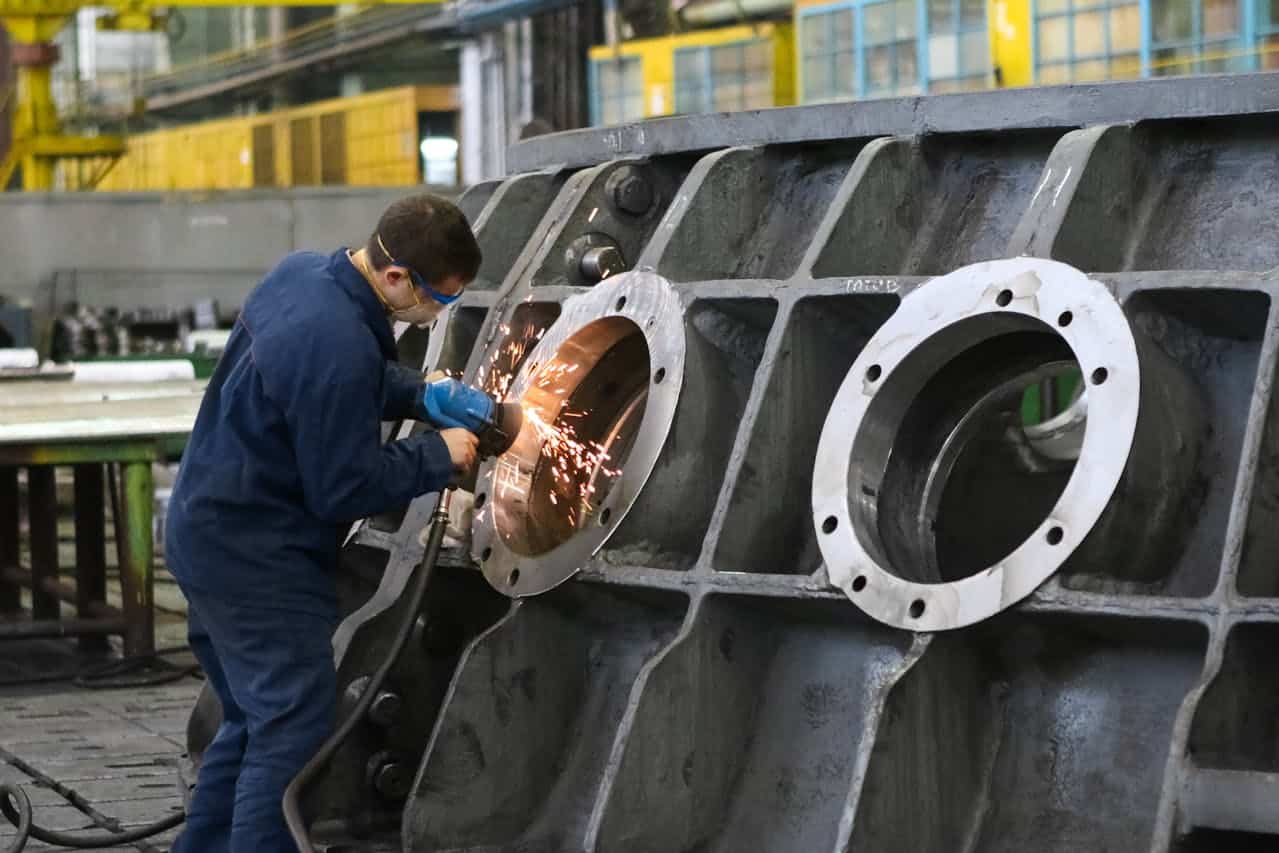Unlocking Opportunities in Germany’s Manufacturing Industry
Germany is known for its strong manufacturing industry, with companies producing a wide range of products from automobiles to machinery. The manufacturing sector in Germany is one of the largest in Europe and plays a crucial role in the country’s economy.
Job Titles in Manufacturing Industry in Germany
1. Production Manager: Production managers are responsible for overseeing the manufacturing process and ensuring that production targets are met efficiently and effectively.
2. Quality Control Inspector: Quality control inspectors are responsible for inspecting products to ensure they meet quality standards before being shipped out to customers.
3. Mechanical Engineer: Mechanical engineers design, develop, and test mechanical devices and systems used in manufacturing processes.
4. Industrial Electrician: Industrial electricians install, maintain, and repair electrical systems used in manufacturing facilities.
5. Operations Manager: Operations managers are responsible for coordinating and managing all aspects of a manufacturing facility to ensure smooth operations.
In conclusion, there are many job opportunities available in the manufacturing industry in Germany, with roles ranging from production management to quality control inspection. For individuals looking to work in this sector, acquiring relevant skills and experience will be crucial to securing a job in this competitive market.
Education for the Manufacturing Industry in Germany
In order to pursue a career in the manufacturing industry in Germany, individuals typically need to have a technical education background. This can include completing an apprenticeship program, obtaining a vocational qualification, or earning a degree in engineering or a related field.
Some of the key areas of study that are relevant to the manufacturing industry in Germany include mechanical engineering, electrical engineering, industrial engineering, and production technology. Additionally, having knowledge of automation systems, robotics, and mechatronics can be beneficial for those looking to work in manufacturing.
There are several universities and technical colleges in Germany that offer programs specifically geared towards preparing students for careers in the manufacturing industry. Some well-known institutions include Technische Universität München (Technical University of Munich), RWTH Aachen University, and Karlsruhe Institute of Technology.
Education Difficulty Score: 7 out of 10
The difficulty score for pursuing education related to the manufacturing industry in Germany is relatively high due to the rigorous academic standards and strong emphasis on practical skills. Students are expected to have a strong foundation in mathematics and science, as well as demonstrate proficiency in technical subjects.
Salary Range in Manufacturing Industry in Germany
Jobs in the manufacturing industry in Germany typically fall into a salary range of €40,000 to €80,000 per year. This can vary depending on the specific role, company size, and location.
For example, a Production Manager in the manufacturing sector can expect to earn an average salary of €58,000 per year according to data from Payscale. Similarly, a Quality Assurance Engineer might earn around €52,000 per year on average.
On the higher end of the spectrum, roles like Plant Manager or Operations Director can command salaries upwards of €80,000 per year. These positions often require extensive experience and leadership skills.
Salary Score: 7 out of 10
I would give a salary score of 7 out of 10 for jobs in the manufacturing industry in Germany. While salaries are generally competitive and reflect the high cost of living in the country, there are still opportunities for growth and advancement within this sector that could lead to even higher pay scales.
Manufacturing Jobs in Germany
Germany is renowned for its strong manufacturing industry, known for producing high-quality machinery, automobiles, and industrial equipment. With a skilled workforce and advanced technology, Germany offers numerous job opportunities in the manufacturing sector.
- Jobs in Japan: Like Germany, Japan has a well-established manufacturing industry with a focus on precision engineering and innovation.
- Jobs in South Korea: South Korea’s manufacturing sector is known for its electronics, automotive, and shipbuilding industries.
- Jobs in Switzerland: Switzerland also boasts a strong manufacturing industry with a reputation for quality products and precision engineering.
If you are looking to pursue a career in the manufacturing industry, Germany offers a wealth of opportunities for professional growth and development. With its emphasis on innovation and quality, working in the German manufacturing sector can be both rewarding and challenging.
Manufacturing Industry in Germany
Responsibilities: In the manufacturing industry in Germany, professionals are responsible for overseeing the production process, ensuring quality control, managing resources efficiently, and meeting production targets. They are also expected to implement continuous improvement strategies and adhere to safety regulations.
Requirements: Professionals in the manufacturing industry in Germany should have strong technical knowledge, problem-solving skills, and the ability to work well under pressure. They should also possess excellent communication and leadership abilities to effectively manage teams and collaborate with other departments.
Qualifications: A bachelor’s degree in engineering or a related field is typically required for entry-level positions in the manufacturing industry in Germany. Additional certifications or specialized training may be necessary for higher-level roles. Experience in a manufacturing environment is also highly valued by employers.
In conclusion, working in the manufacturing industry in Germany requires a combination of technical expertise, leadership skills, and a commitment to quality and safety standards. Professionals can expect challenging yet rewarding career opportunities with potential for growth and advancement within this dynamic sector.

